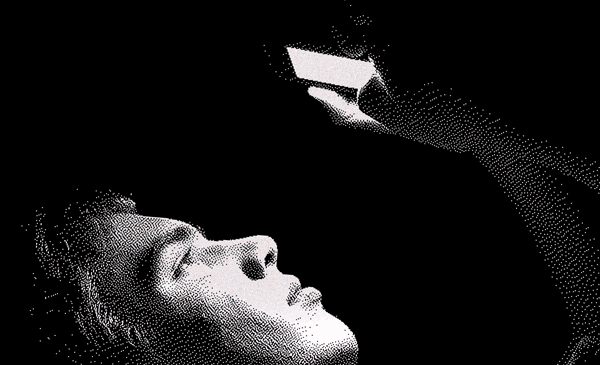The Psychopharmacology of Grief

Aslan, C.S. Lewis’s lion, has meant many different things to many different readers at many different times. He means one thing to the scholar and another to the child. He is gentle, powerful, and disturbing. He is magical. He is the one Christological reference most schools include in their curriculums before anyone knows what the word “exegesis” means. But while Lewis is remembered for his lion, he will also be remembered for his contribution to the literature of grief, and perhaps the editors of the forthcoming Fifth Edition of the Diagnostic and Statistical Manual of Mental Disorders should consider not only the lion but also Lewis’s non-fiction work, A Grief Observed, before making their final decision as to how to define this condition. Condition, not illness. At least in most cases.
The New York Times Week in Review section gave great space to the consideration of loss this Sunday. There was Liesl Schillinger’s excellent piece on Christopher Hitchens, “Christopher Hitchens, Not Going Gently,” and there was the compelling, and admirably activist, opinion piece by Allen Frances, former chairman of psychiatry at Duke University. The latter was titled, simply, “Good Grief.” Both pieces are worth reading. Both attend to the twin anxieties experienced on either side of loss: the fear of dying, and so of being lost, on the one hand; and the devastation of loss, on the other. It was Lewis who tied these two things together.
“No one ever told me that grief felt so like fear,” Lewis wrote, in A Grief Observed. It is this fear that makes a mirror of death’s two sides, one for the dying and the other for the loved ones who are left behind. As Frances points out, there is a degree of pain/sadness that medication can—and should—assist. Yet the experience of losing someone we loved should not be cause, necessarily, for scientific intervention. Grief is part of being human. Grief reminds us that we love. Frances does not want grief to fall categorically into a drawer with other illnesses being alleviated. Grief might rather be something to be valued, even if it replicates the conditions of anxiety.
Lewis knew this. He embedded loss in his fiction far before he wrote about experiencing it in his own life.
Schillinger points out something different, but related: the idea that so many people now hope that the famously atheistic Christopher Hitchens will alleviate his pain not via medication but via belief. She writes:
This subject is one Mr. Hitchens has mulled over since childhood, when he decided, as he wrote in “God Is Not Great,” that it was “contemptible” to rely on religion just for comfort if it “might not be true.” As an adult whose hopes lay assuredly in the intellect, not in the hereafter, he concluded, “Literature, not scripture, sustains the mind and — since there is no other metaphor — also the soul.”
Is this true? What sustains us is what sustains us. We don’t want to let go, on either side. And it is this Not Wanting to Let Go that often leads us to Something to Hold Onto: God, literature, God as represented in a work of literature. Reading through these two pieces (though neither one mentioned him), Lewis came to mind. As did Aslan. Judge not, the lion might say. But then shouldn’t we trust our doctors and our scientists and our religious leaders to know what we need? Or our novelists?





